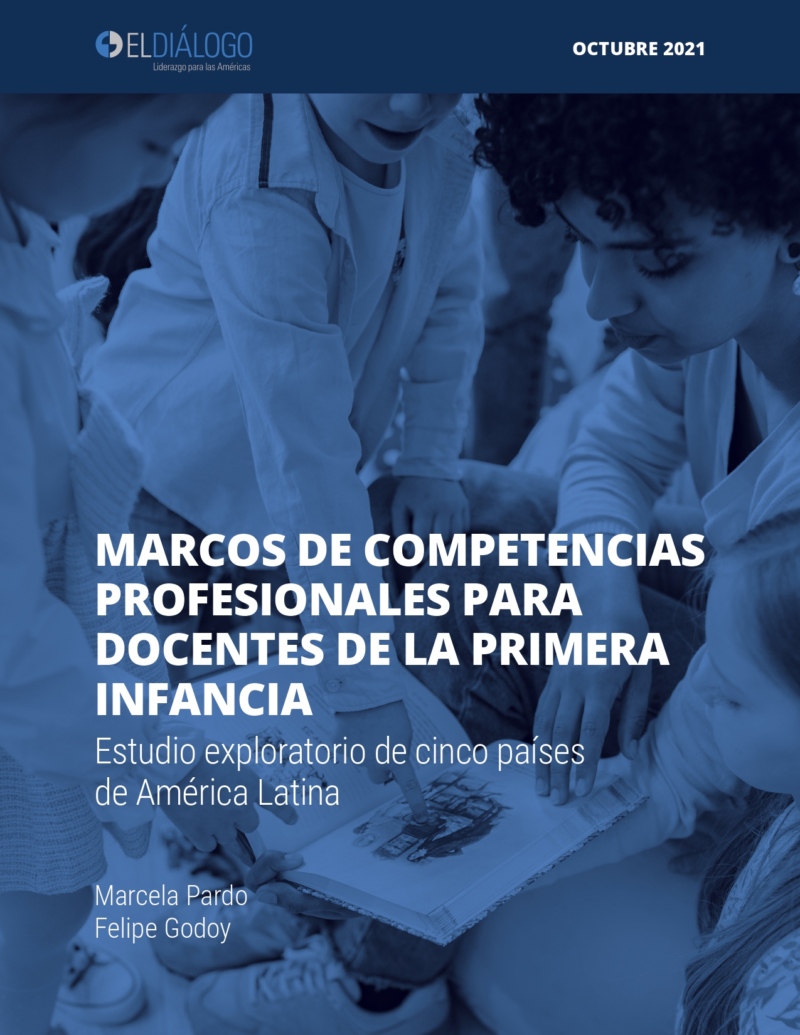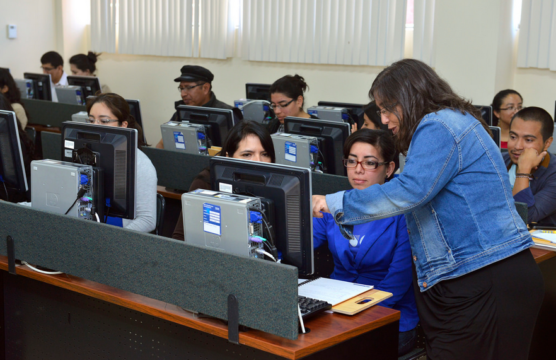
Producing High-Quality Teachers
Teaching is crucial to high-quality education, yet there is little agreement on how to produce high-quality teachers
This post is also available in: Español
The path towards establishing government-wide early childhood public policies varies throughout Latin America and the Caribbean. As a result, it has been proposed to the countries of the region to establish an Early Childhood Education Quality Agenda that considers a broad and relevant overview of early childhood, embraces the relationship between learning and development, and emphasizes both structural and procedural factors.
The sixth recommendation of the Declaration of the Regional Forum: Towards Quality Early Childhood Education, highlights the importance of developing a competency framework for those working on the subject, promoting a system of training—both initial and continuous—and certification of competencies that strengthen early childhood care in the region. This study, prepared by Marcela Pardo and Felipe Godoy with the support of the Inter-American Dialogue and the LEGO Foundation, provides the results of an exploratory study of Latin American countries that have made significant advances in the development of competency frameworks for early childhood teachers.
In the five cases studied, the establishment of professional competency frameworks for early childhood teachers was widely recognized by the interviewees as an important advance, due to the following reasons:
Teaching is crucial to high-quality education, yet there is little agreement on how to produce high-quality teachers
Preparing students for the 21st century requires the use of ICTs and technology in schools
Despite the importance of teachers in the learning process, systems for recruiting, selecting, training, and supporting teachers remain deficient.
 @Yan Krukov / Pexels
@Yan Krukov / Pexels

